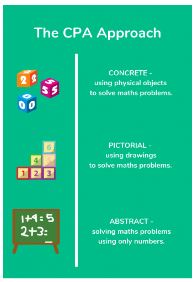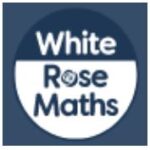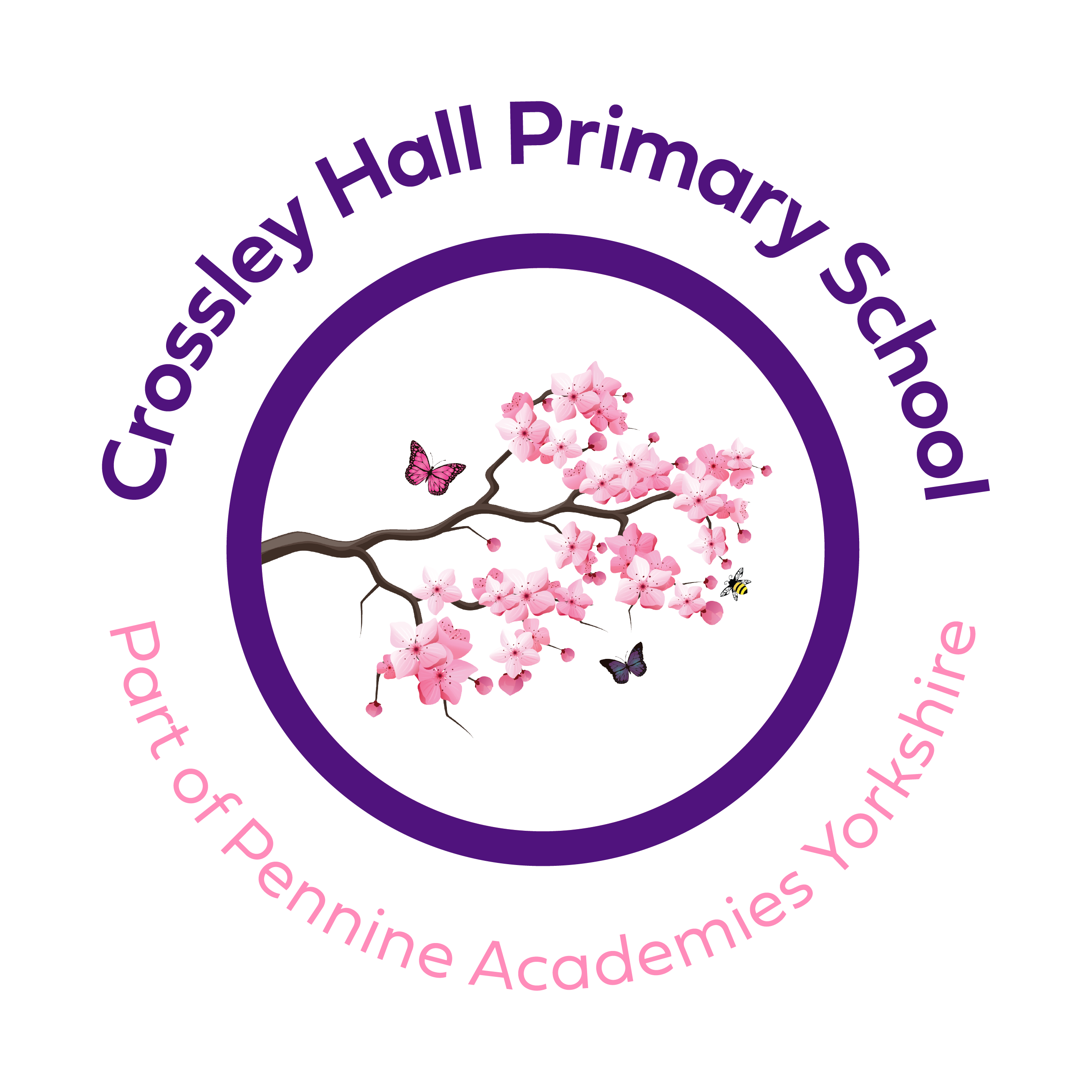Maths
 At Crossley Hall, pupils are taught maths using high quality first teaching. The lesson is taught through whole-class interactive teaching with a strong focus on vocabulary development with the use of physical resources as well as visual and mental representations. Teachers follow a Concrete – Pictorial – Abstract (CPA) approach to ensure secure foundations and a deep understanding of mathematical concepts.
At Crossley Hall, pupils are taught maths using high quality first teaching. The lesson is taught through whole-class interactive teaching with a strong focus on vocabulary development with the use of physical resources as well as visual and mental representations. Teachers follow a Concrete – Pictorial – Abstract (CPA) approach to ensure secure foundations and a deep understanding of mathematical concepts.
We follow a mastery approach to the teaching of maths across school, this means pupils of all ages acquiring a
deep, long-term, secure and adaptable understanding of the maths. Teaching is delivered using the ‘I do’, ‘We do’, ‘You do’ approach. Children are encouraged to develop their resilience in their approach to tackling problems.

Children are encouraged to use materials at all stages of their maths learning, such as Base 10, Numicon, place value counters and many more. This helps to develop their understanding around a particular concept, as well as creating ‘mental models and images’ from this to consolidate their understanding. All classrooms have easily accessible and readily available maths caddies with resources the children have been taught how to use. They also have a ‘Maths Working Wall’ which reflects the current learning taking place and identifies key concepts such as vocabulary and reasoning. Children are encouraged to use this ‘Working Wall’, along with the resources in the maths caddies, to support their learning in lessons.
 To support the teaching of the Mathematics National Curriculum, we also utilise premium resources from White Rose Maths. This programme incorporates the three main aims of the National Curriculum: to develop fluency, reasoning and problem solving. We supplement this with high quality resources from NCETM, NRich as well as many more to encourage children to achieve mastery in Maths.
To support the teaching of the Mathematics National Curriculum, we also utilise premium resources from White Rose Maths. This programme incorporates the three main aims of the National Curriculum: to develop fluency, reasoning and problem solving. We supplement this with high quality resources from NCETM, NRich as well as many more to encourage children to achieve mastery in Maths.
The school’s adapted Long Term Plan determines the teaching of the units throughout the year. Each unit of work contains National Curriculum objectives which are broken down into small, carefully sequenced steps. A range of activities such as Fluency, Reasoning and Problem Solving support with this. Teachers plan activities to challenge and support all learners.
In Nursery, children are taught in small groups and access Maths through provision. In Reception, children are taught Maths as a class. All maths activities are practical, engaging and include lots of songs and repetition. Across all of EYFS, the Five Principles of Counting are applied and high quality provision ensures that children have a strong grasp of number before moving into Key Stage One. Class Floor books are used to capture learning and progress across a unit of work and individual attainment is recorded on the online system ‘Early Essence’ which parents and carers can access and add to.
In Key Stage One, children have a daily maths lesson with a strong focus on learning basic skills. Teachers provide a maths rich environment through provision and tasks. In Autumn Term, Year 1 teachers capture learning and progress using a Class Floor Book. From Spring Term, Year 1 children begin to record their work in individual books. This continues into Year2, moving onto books with smaller squares.
In Key Stage Two, there is a daily maths lesson (1 hour), Rapid Recall session (15 mins) and a Times Table session (10-15 mins). Children record their maths work in an individual book.
All Year 4 children are required to complete a Statutory Maths Times Tables test. Parents/carers will be given more information about this by their child’s class teacher
There are some fantastic websites parents and carers can access at home to support children with their maths learning.
TT Rockstars (All children from Year 1 upwards have a login for this website. Please see your child’s class teacher if you have not received this).
Whiterose Maths (The Parents and Pupils section has some great videos you can watch with your child for every year group from Reception up to Year 6).
1 minute maths (This is a great App you can download for your children to access on a phone or table).
11 free math sites for kids (A website with a list of great maths games and activities).
Komodomath (There is a cost for this website, but you can sign up for a free trial).
Mathletics (This is another cost website, but again you can sign up for a free trial).



